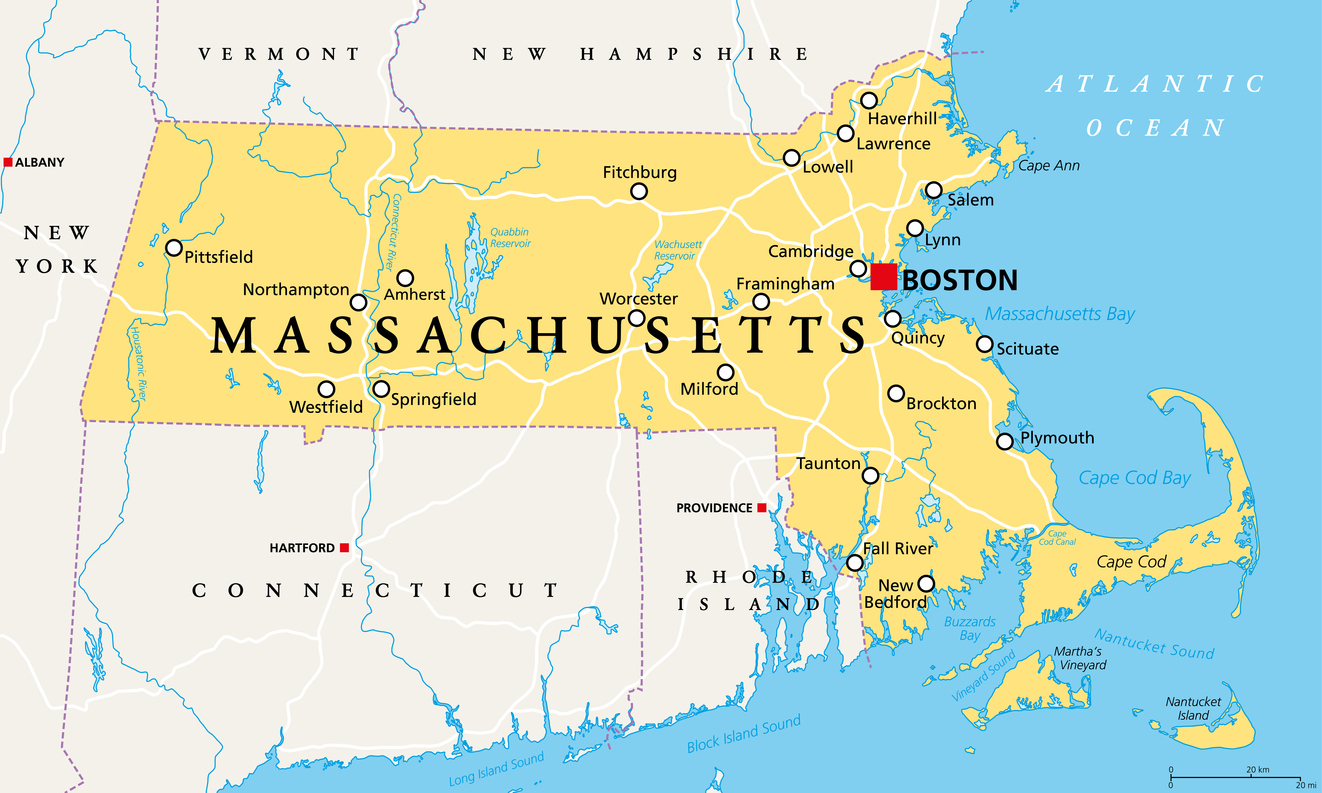The Millionaire’s Tax in Massachusetts

What Is the Millionaire’s Tax?
On the November 8, 2022 general election ballot, Massachusetts voters approved the adoption of an amendment to the Massachusetts Constitution to establish an additional 4% state income tax (“surtax”) on the portion of a taxpayer’s annual income that exceeds $1 million. This tax will apply to high earners, as well as those with one-time income in excess of $1 million, including from the sale of a home or a business. The $1 million dollar threshold is adjusted annually to reflect increases in the cost of living, using the same method as used to establish federal income tax brackets. Revenues generated from this additional tax will be used for public education and for the repair and maintenance of roads, bridges and public transportation.
When Does it Take Effect?
The new 4% surtax will be imposed on income earned beginning January 1, 2023. The 4% surtax is levied in addition to the existing Massachusetts tax rate of 5%, resulting in a total tax rate of 9% on the portion of income above $1million.
What Should I Be Thinking About?
This amendment to the Massachusetts tax law may have significant implications for certain Massachusetts taxpayers as it increase the marginal tax rate on the portion of income above $1 million by 80%.
Massachusetts taxpayers who may be subject to the new surtax may consider certain strategies to mitigate its impact, including:
- Accelerating recognition of income into the 2022 tax year (before the new surtax takes effect). Consider selling appreciated securities, real estate, operating businesses and collectibles before the end of 2022.
- Investing eligible gains in qualified opportunity funds or consider Section 1031 like-kind exchanges for real estate.
- Selling appreciated assets on an installment basis if doing so will result in income below the $1 million threshold.
- Transferring income-producing assets to non-grantor trusts that are domiciled outside Massachusetts.
- Gifting appreciated assets to younger generations directly or via non-grantor trusts.
- Filing separate tax returns, as opposed to a joint returns for married couples, as the $1 million threshold applies to both joint and individual income tax returns.
- Relocating your residence or domicile from Massachusetts to a lower-tax state. This is more complicated than just changing your mail address. Taxpayers interested in this option should expect the Department of Revenue to closely scrutinize changes in domicile.